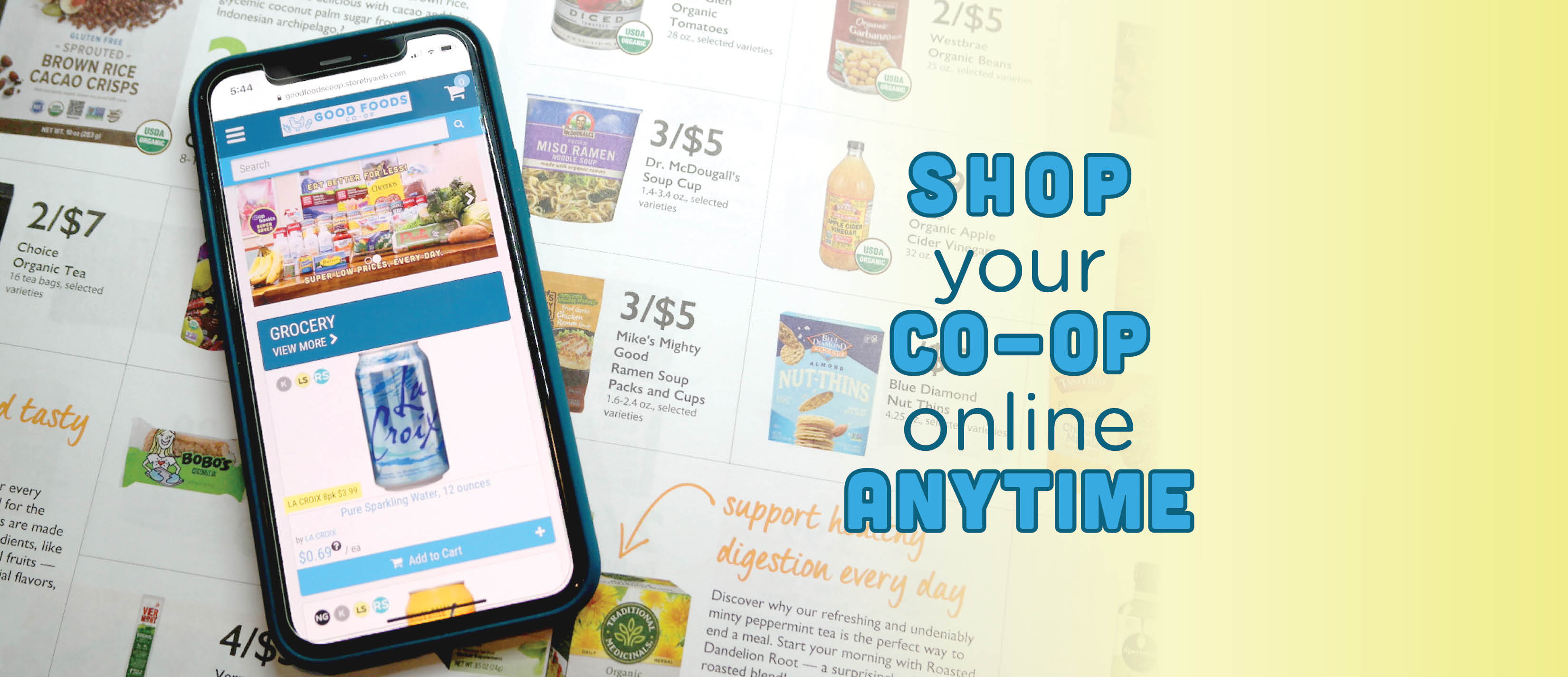Article provided by Alive Publishing Group. You can find more great articles anytime on alive Connect, or grab a copy of the latest printed issue of alive Magazine next time you’re in Good Foods Co-op. It’s free!

Having a well-functioning intimate relationship is good for our health. However, the COVID-19 pandemic has put a huge strain on many couples.
According to clinical psychologist Dr. Lisa Destun, “Couples have lost the ability to do things we’ve historically taken for granted, like going out to dinner or traveling, which allowed vital opportunities to relax and reconnect with our partner.”
Add a shared home office, financial woes, and home-schooling into the mix, and it’s a recipe for boredom, irritability, and conflict in relationships. In the most serious cases, tensions can lead to separation.
Take stock of your relationship
Just like you take your car in for regular maintenance, it’s important to periodically explore your relationship’s health. Destun recommends checking in about different areas—such as affection, sex, communication, household responsibilities, time spent together, and finances.
Do a self-check-in

Although we tend to focus on how our partner could improve, Destun encourages her clients to ask themselves how they can be better. She says, “This can be very empowering, especially during COVID, when so much seems to be out of our control.”
Start small to reconnect
Luckily, detoxing a relationship’s bad habits doesn’t require expensive dinners or fancy holidays. In fact, researchers at Penn State University found that small actions—such as holding hands and regular acts of kindness—topped the list for how people feel loved. Here are some simple ways to give your relationship a reboot.
Make time to (really) talk

Many couples get so caught up in the daily grind that they forget to communicate about more than grocery lists or weekly schedules. Destun recommends having a daily screen-free, kid-free check-in to create stability and connection, whether it’s an early morning coffee or nightly stroll.
Initiate affection
A growing body of research shows that affectionate touch among couples provides a cascade of benefits, including increasing the “love hormone” oxytocin and decreasing the “stress hormone” cortisol. But the implications of affection aren’t just physical: couples who touch regularly also experience emotional perks, such as feeling more secure and positive about their relationship.
Try something new

Novel experiences activate the brain’s reward system, flooding it with dopamine—one of the feel-good neurotransmitters that’s also activated in early romantic love. So, when couples learn a different language or try out a new sport together, they’re reminded of those honeymoon days—and their relationship reaps the benefits.
Seek support
According to Destun, it may be time to consider couple therapy if your arguments are unproductive: for example, if you seldom reach resolution or escalate to the point where the argument itself becomes the issue. She adds that, if you’re not arguing but have become disengaged from each other, “therapy can provide a space to prioritize and work toward a closer connection.”
